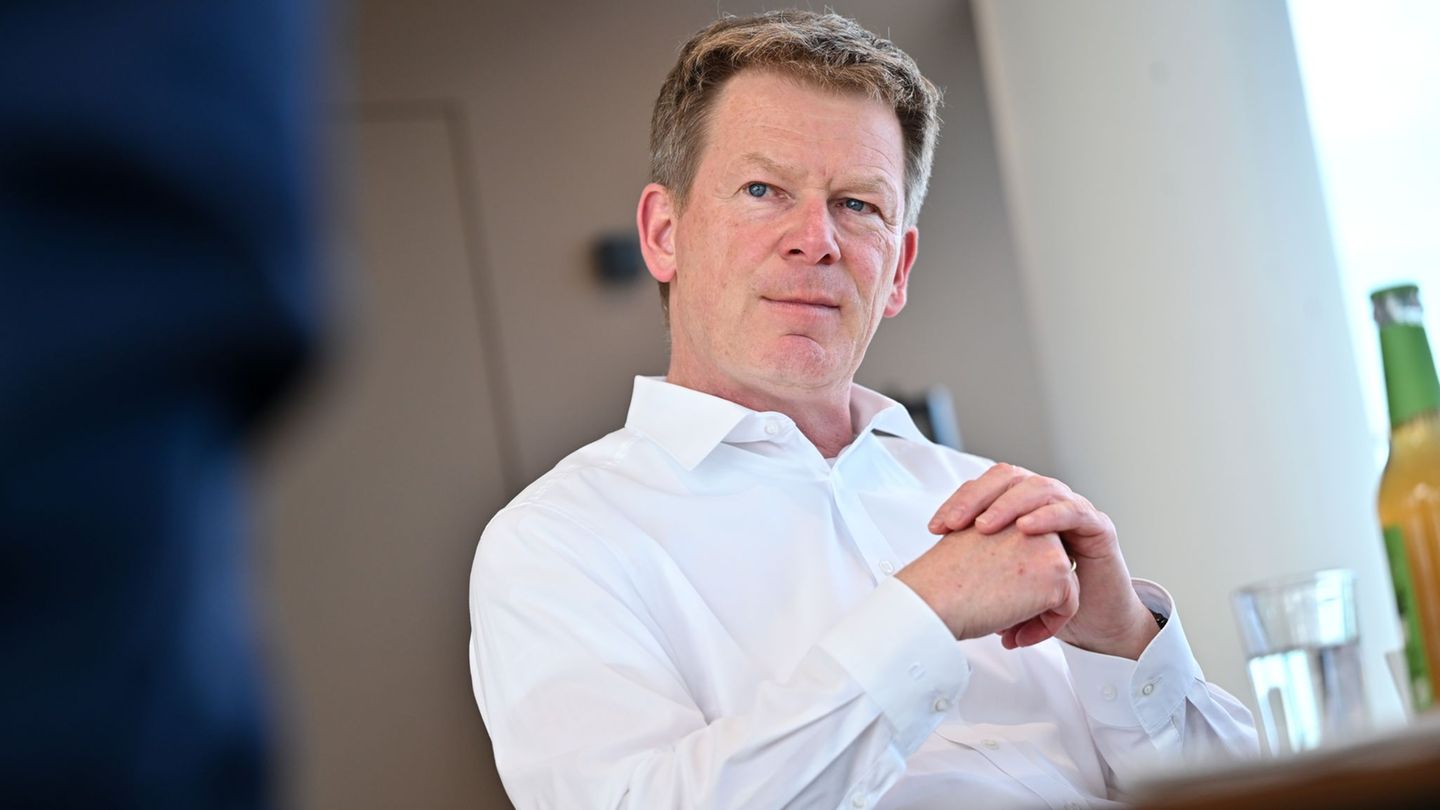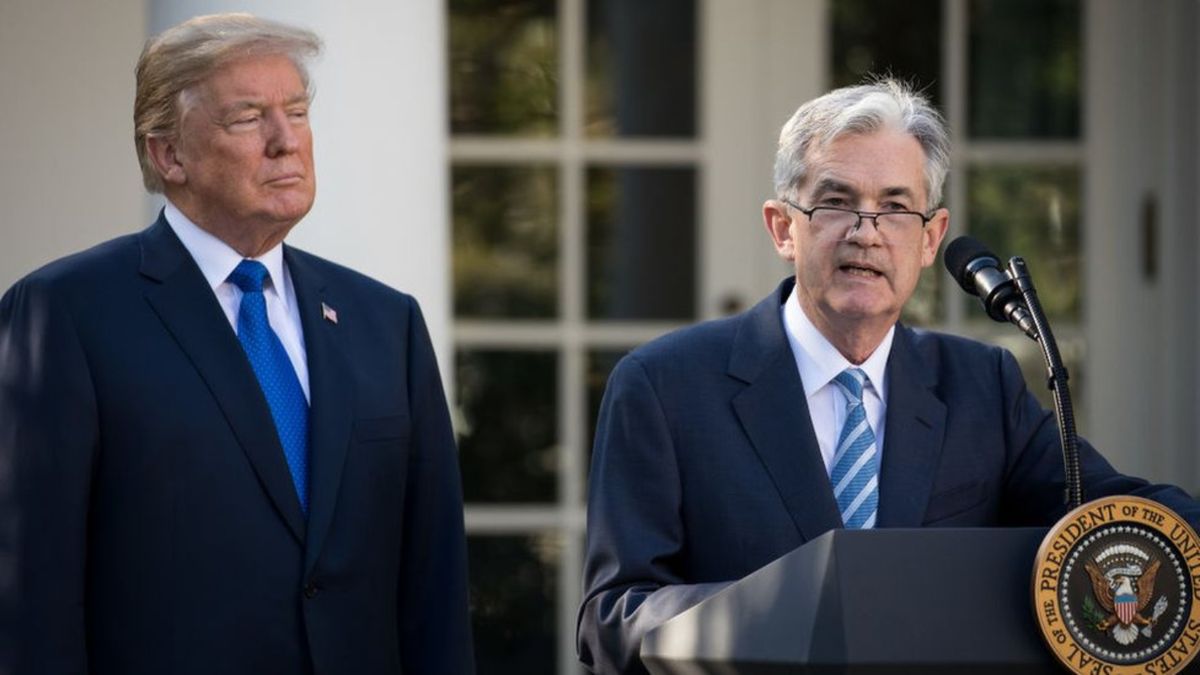Inflation, recession, loss of wages and declining formal employment add to electoral uncertainty.
Argentina enters an election season with a weakened and slow labor market, in a climate of worrying uncertainty. This is the sixth consecutive year of loss of wages against the inflation, the accounts do not close for any worker, regardless of their hierarchy or sector, we are all a little poorer.
The content you want to access is exclusive to subscribers.
The 6.3% INDEC unemployment rate for the 4th quarter of 2022, the lowest value since 2015, does not reflect the reality of local work. In the last ten years (November 2022 to November 2012), private registered employment barely increased by 3.0% and self-employed workers fell by 4.7%. In the same period, public employment grew by 27% and monotributistas by 42%.


It is clear then that formal employment qualitatively lost quality and in the ever expanding universe of labor informality, the lethal combo of inflation plus recession punishes by two.
Prudence and the priority for internal talent, with selective incorporations, predominate in the majority of the labor universe.
Labor demand is holding back, as is the economy, except for specific opportunities that still persist in the information technology sectors and (to a much lesser extent) mining, agro-industry, and energy and oil.
It is clear that the only possible vehicle to improve this panorama is a labour reform with a look into the future. That lower hiring costs and intelligently include the new forms of work that are growing without pause to the formal market: freelancers and independents exporting professional services abroad.
In addition, it should seriously federalize work in our country. Vaca Muerta, the multiple projects around mess and renewable energy demand talent and offer genuine opportunities beyond the AMBA.
Without communication and with poor training it is very difficult. Let us take into account that less than half of the students in the province of Buenos Aires finish high school and only 14 graduate with a university degree out of 100 who start primary school at the national level, it is clear that access to the first job becomes a inaccessible top.
There is no generation of quality talent possible without consistent education, from the bases and universal. Hopefully our next president and his teams have education and work on their immediate and priority agenda. It would be a whole new thing.
CEO and Partner of GhidiniRodil
Source: Ambito
David William is a talented author who has made a name for himself in the world of writing. He is a professional author who writes on a wide range of topics, from general interest to opinion news. David is currently working as a writer at 24 hours worlds where he brings his unique perspective and in-depth research to his articles, making them both informative and engaging.




